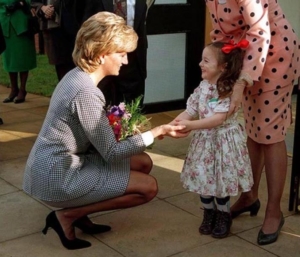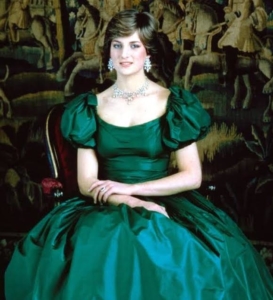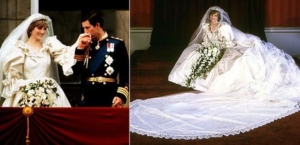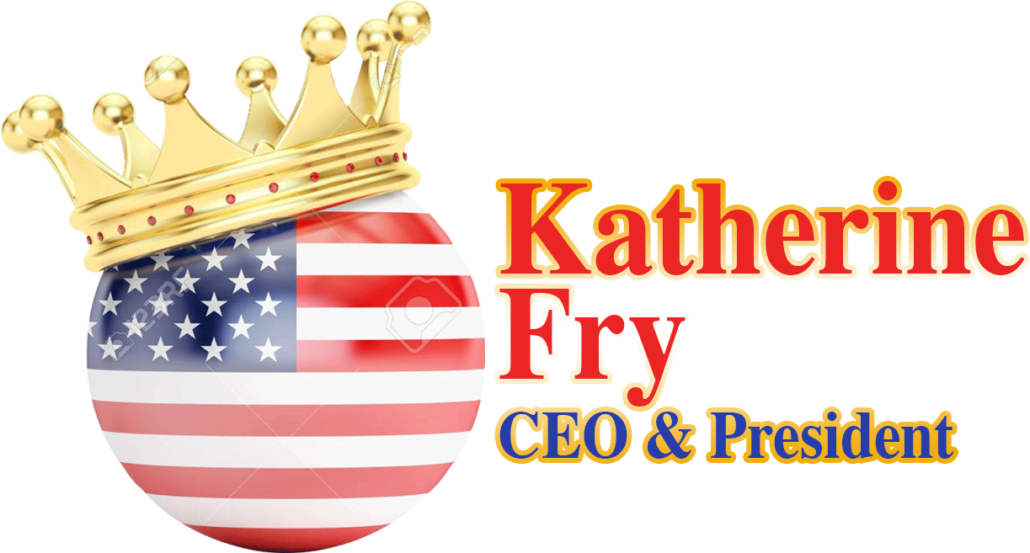Fairy Tales, Feminism, and Their Effect Upon Women
Are Fairy Tales Harmful, Or Do They Have A Productive Place In Modern Society?
 People have always had a fascination with fairy tales. To this day, they are still being reimagined in the general public’s imagination. The likes of Cinderella, Snow White, and Sleeping Beauty continue to inspire young women throughout the generations. Young girls, from a very early age, are read these stories about damsels in distress, and the prince that saves them from a long slumber with true love’s kiss. These girls also learn about the ensuing beautiful wedding, followed immediately by “happily ever after.” This then begs the question-are these fairy tales realistic, or do they create unhealthy stereotypes and expectations for our daughters? In essence, is encouraging our daughters to believe they need to be saved by a knight in shining armor a storyline that needs to be buried and forgotten?
People have always had a fascination with fairy tales. To this day, they are still being reimagined in the general public’s imagination. The likes of Cinderella, Snow White, and Sleeping Beauty continue to inspire young women throughout the generations. Young girls, from a very early age, are read these stories about damsels in distress, and the prince that saves them from a long slumber with true love’s kiss. These girls also learn about the ensuing beautiful wedding, followed immediately by “happily ever after.” This then begs the question-are these fairy tales realistic, or do they create unhealthy stereotypes and expectations for our daughters? In essence, is encouraging our daughters to believe they need to be saved by a knight in shining armor a storyline that needs to be buried and forgotten?
Growing up in the 1980’s, my generation received more than just stories. Disney pandered to our imaginations, bringing us movies, books, toys, and even theme parks, all easily available for our parents to purchase. Trips to the grocery store consisted of the obligatory stop in the magazine section to select our future fairy tale wedding dresses. Throughout all of these fantasies, the message remained clear-girls are princesses, and somewhere in the world lived our prince charming. In essence, life really began after we found him and married him.
I distinctly remember the day, in 1981, when I realized princesses really exist. Walking through the grocery store with my mother, my eye caught a picture of Lady Diana Spencer on a magazine cover stating “Diana, Princess of Wales.” Suddenly, a light bulb switched on in my head. At that moment, I realized princesses really exist, and not just as fairy tale characters, but as real people making real differences; and my life changed.
 Princess Diana’s marriage to Prince Charles promised us a traditional fairy tale, but failed to deliver. As it turned out, our damsel in distress evolved into her own woman, who instead of conforming to a traditional role, chose instead to reinvent herself. This decision inspired countless women, including me, this decision inspired countless women, including me, to look up to her up and follow suit. Instead of waiting for prince charming, many women emulated Diana’s sense of independence coupled with good deeds. For example, many of these women spent their time volunteering in soup kitchens and churches. A poignant moment occurred when Diana stated, “People think that at the end of the day, a man is the only answer. Actually, a fulfilling job is better for me.” The fairy tale had not ended but instead been reimagined, as a beautiful princess, bravely facing the world alone.
Princess Diana’s marriage to Prince Charles promised us a traditional fairy tale, but failed to deliver. As it turned out, our damsel in distress evolved into her own woman, who instead of conforming to a traditional role, chose instead to reinvent herself. This decision inspired countless women, including me, this decision inspired countless women, including me, to look up to her up and follow suit. Instead of waiting for prince charming, many women emulated Diana’s sense of independence coupled with good deeds. For example, many of these women spent their time volunteering in soup kitchens and churches. A poignant moment occurred when Diana stated, “People think that at the end of the day, a man is the only answer. Actually, a fulfilling job is better for me.” The fairy tale had not ended but instead been reimagined, as a beautiful princess, bravely facing the world alone.
The arrival of an independent, and dare I say, feminist Princess Diana, led to the reimagination of the fairy tale for many women around the world. Rather than planning our royal weddings, many of us began planning our own futures, and that future no longer relied upon finding a prince. I personally expressed to my mother that I would never get married, and instead began planning to successfully brave the world alone. Many women of my generation excelled in school, and then their careers, but continued viewing themselves as princesses. Nothing had changed, and yet everything had changed. This generation of women arguably navigated into uncharted territory.
Girls born in the 1970’s, today represent some of the most independent women in history. They are CEO’s, physicians, professors, and priests, amongst other professions. Many are married, and many are not, but what distinctly stands out with this generation of women is their level of financial independence. Most of my female contemporaries emulated Princess Diana in some way at some point in their life, and still carry fond memories of her to this day. While dressed in the obligatory Diana dress and hat, we count ourselves amongst the highest levels of volunteerism. For us, the fairy tales read to us in childhood evolved into a representation of financial independence and professional success. Whether we married or not is now of little consequence, because we learned through Diana’s example that the knight in shining armor is no longer necessary. In essence, we did not need saving, because we saved ourselves.
 As a woman of the Princess Diana generation, I consider myself lucky to have learned how to reimagine the fairy tale for myself. Quite simply, this could not have been done without the fairy tales of my youth, coupled with the reality of Princess Diana’s life. For me and my generation, throwing out the fairy tales, and branding them unseemly, would have arguably negatively impacted our lives. Perhaps the fusion of fairy tales and feminism, that has so defined my generation, will serve as an example for future ones to come.
As a woman of the Princess Diana generation, I consider myself lucky to have learned how to reimagine the fairy tale for myself. Quite simply, this could not have been done without the fairy tales of my youth, coupled with the reality of Princess Diana’s life. For me and my generation, throwing out the fairy tales, and branding them unseemly, would have arguably negatively impacted our lives. Perhaps the fusion of fairy tales and feminism, that has so defined my generation, will serve as an example for future ones to come.



Leave a Reply
Want to join the discussion?Feel free to contribute!